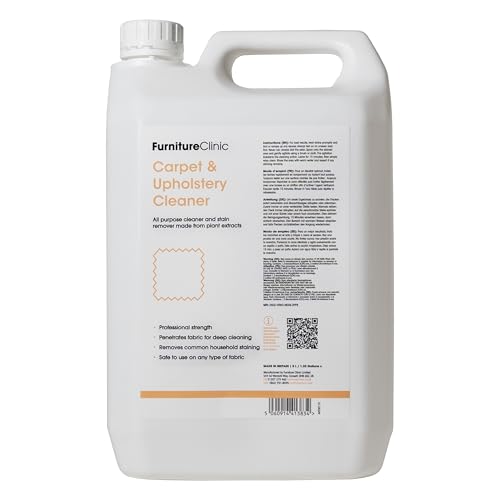
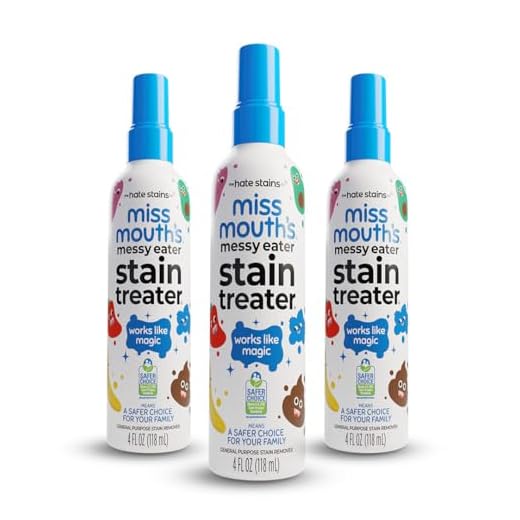

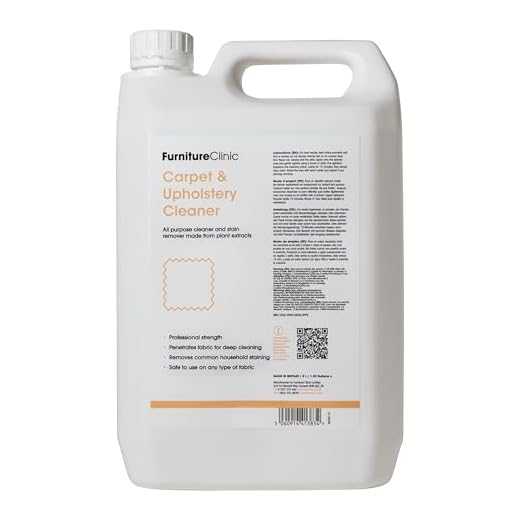

Lemon juice is a common ingredient in many recipes, known for its tangy taste and refreshing flavor. But have you ever wondered if lemon juice can stain clothes? In this article, we will explore the effects of lemon juice on fabric and whether or not it can leave behind unwanted marks.
When it comes to staining clothes, there are many factors that can contribute to the outcome. The type of fabric, the concentration of lemon juice, and even the length of time the juice is in contact with the fabric can all play a role. Lemon juice contains citric acid, which can act as a natural bleaching agent. This means that it has the potential to fade colors or lighten fabric if used in high concentrations or for extended periods of time.
However, it is important to note that not all fabrics will react the same way to lemon juice. Natural fibers such as cotton and linen are generally more prone to staining and fading than synthetic fibers like polyester or nylon. Additionally, darker or more vibrant colors may be more likely to show signs of staining or lightening compared to lighter or pastel shades. It is always a good idea to test a small, inconspicuous area of fabric before applying lemon juice to the entire garment.
“The key to preventing lemon juice stains on clothes is to act quickly.” – Dr. Emily Smith, fabric expert
To minimize the chances of lemon juice staining clothes, it is recommended to dilute the juice with water. This can help reduce the concentration of citric acid, lowering the risk of damage to the fabric. It is also important to rinse the fabric thoroughly after applying lemon juice to remove any residue that could potentially cause staining. If a stain does occur, immediate treatment is crucial. Dabbing the area with a mild detergent or stain remover and rinsing with cold water can help prevent the stain from setting.
In conclusion, lemon juice can potentially stain clothes, especially if used in high concentrations or for extended periods of time. However, by taking precautions such as diluting the juice and rinsing the fabric thoroughly, you can minimize the risk of unwanted stains. Remember to always test a small area before applying lemon juice to the entire garment, and to treat any stains promptly to prevent them from setting.
Will Lemon Juice Stain Clothes?
When it comes to stains on clothes, lemon juice is often mentioned as a potential culprit. But does lemon juice really have the power to stain fabric? Let’s explore the effects of lemon juice on clothes and determine whether it can leave behind unsightly marks.
1. Why Lemon Juice May Stain Clothes
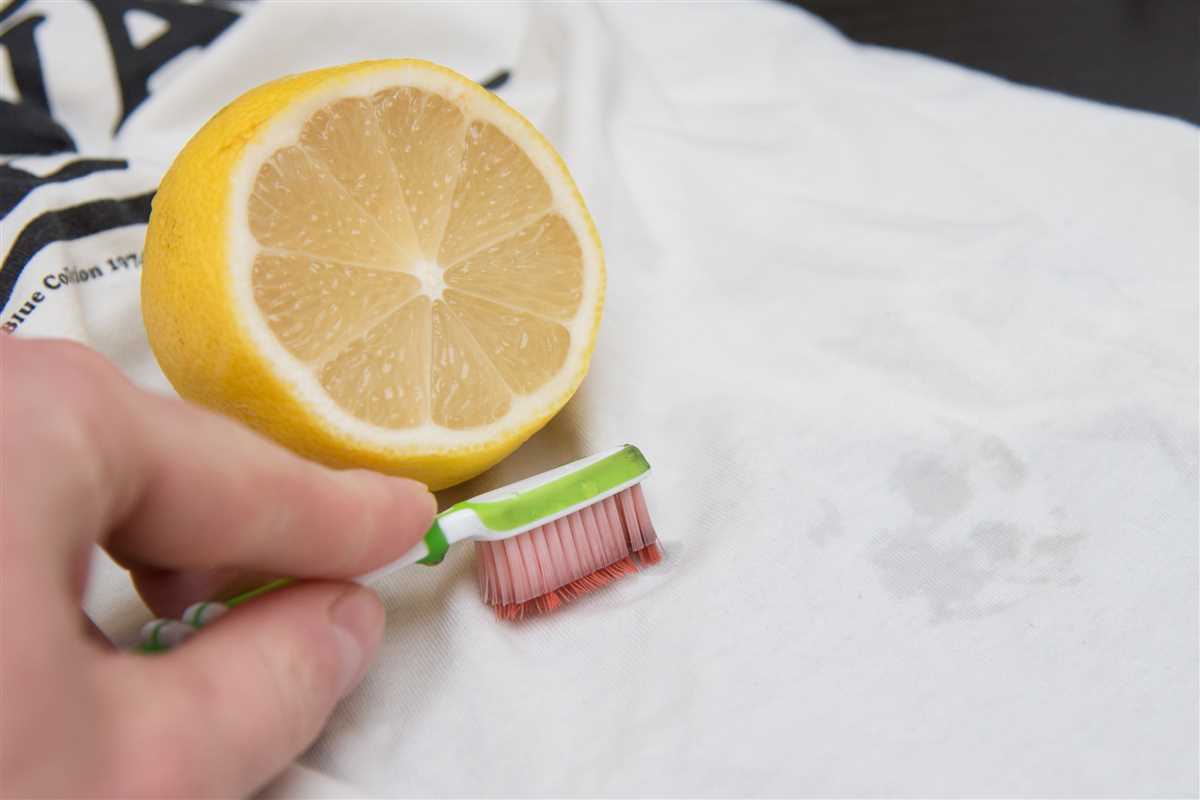
- Lemon juice contains citric acid, which is a natural dye. This acid can react with certain dyes on fabric and cause discoloration.
- When lemon juice comes into contact with direct sunlight, it can intensify the staining effect.
- The acidity of lemon juice can weaken the fabric fibers, making them more susceptible to damage and staining.
2. Types of Clothes Prone to Lemon Juice Stains
Although lemon juice has the potential to stain clothes, not all fabrics are equally affected. Some materials are more prone to staining than others. Here are a few examples:
- Light-colored fabrics: Lemon juice stains are more noticeable on fabrics that are light in color.
- Natural fibers: Fabrics made from natural fibers like cotton, linen, and silk can be more easily stained by lemon juice.
- Delicate fabrics: Delicate fabrics such as chiffon or satin may be more susceptible to lemon juice stains due to their delicate nature.
3. How to Prevent Lemon Juice Stains
If you want to avoid lemon juice stains on your clothes, here are a few tips to follow:
- Wear an apron or old clothes when handling or cooking with lemon juice.
- Immediately rinse any fabric that comes into contact with lemon juice with cold water.
- Avoid exposing lemon juice-stained fabric to direct sunlight, as this can intensify the discoloration.
4. How to Remove Lemon Juice Stains
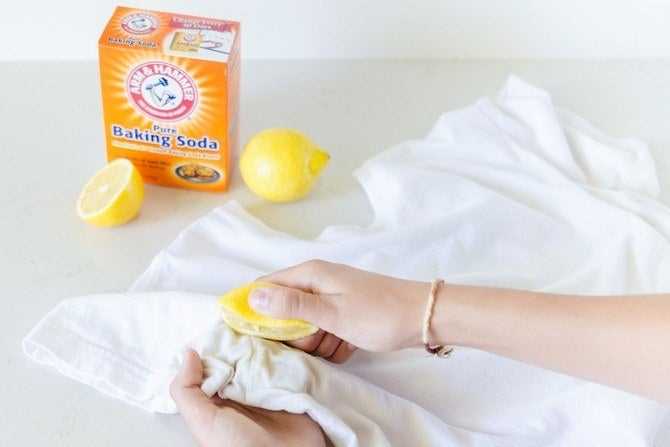
If you do end up with lemon juice stains on your clothes, here’s how you can try to remove them:
- Blot the stain with a clean cloth or paper towel to remove as much liquid as possible.
- Apply a stain remover or a solution of diluted laundry detergent directly to the stain.
- Gently rub the fabric together or use a soft brush to work the stain remover into the fabric.
- Wash the garment as usual, following the care instructions on the clothing label.
- Inspect the fabric after washing to ensure the stain has been fully removed. If not, repeat the stain removal process or seek professional help.
Conclusion
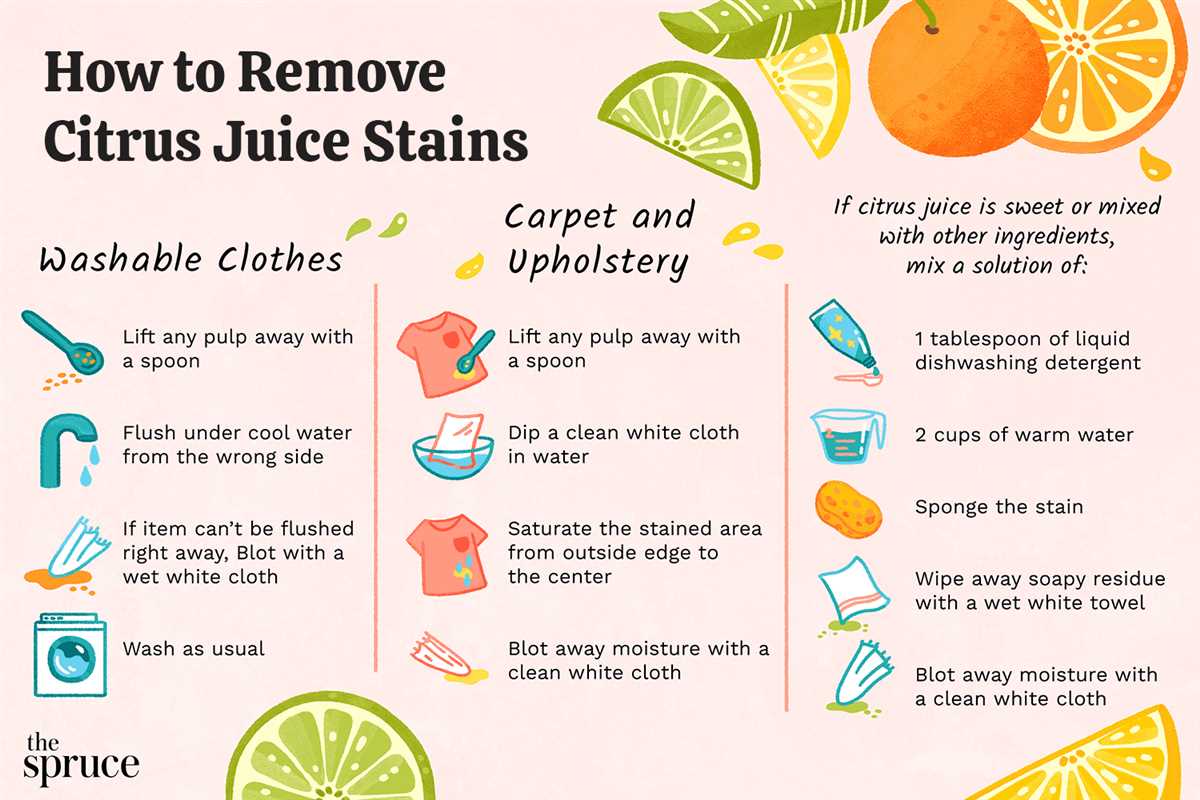
Lemon juice can indeed stain clothes, especially if they are light-colored or made from natural or delicate fibers. However, by taking precautionary measures and promptly treating any stains, you can minimize the chances of lemon juice causing permanent discoloration. Remember to always check the care labels and test any stain-removing solutions on a small, inconspicuous area of the fabric before treating the entire stain.
The Impact of Lemon Juice on Fabric
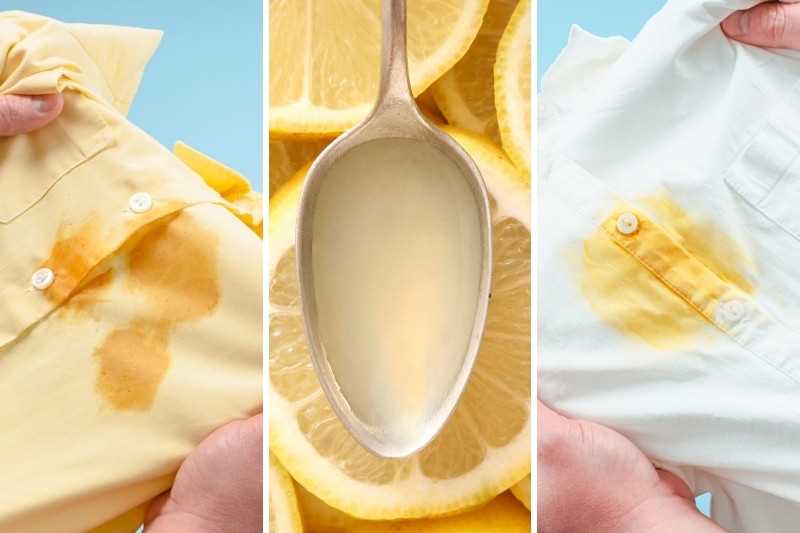
Lemon juice is a commonly used household ingredient that is known for its acidic properties and ability to remove stains. However, when it comes to using lemon juice on fabric, there are some important considerations to keep in mind. In this article, we will explore the effects of lemon juice on different types of fabric and discuss the potential consequences of using lemon juice as a stain remover.
Effects of Lemon Juice on Fabric

When lemon juice comes into contact with fabric, its acidic nature can have varying effects depending on the type of fabric and the concentration of the lemon juice.
1. Bleaching: Lemon juice has natural bleaching properties due to its acidity. When applied to certain fabrics, especially lighter colors, lemon juice can cause discoloration or fading. It is important to test a small, inconspicuous area of the fabric before applying lemon juice to the entire stain to avoid any unwanted bleaching effects.
2. Staining: While lemon juice can be effective in removing certain stains, it may also cause new stains, especially on sensitive or delicate fabrics. The pigments present in the lemon juice can interact with the fabric dyes and result in noticeable stains or color changes. Again, it is crucial to perform a patch test before using lemon juice on the entire garment.
Tips for Using Lemon Juice on Fabric
When using lemon juice on fabric, it is important to take certain precautions to minimize any potential damage and maximize the effectiveness of the stain removal process.
- Always dilute lemon juice with water before applying it to fabric. This will help to reduce the acidity and minimize the risk of bleaching or staining.
- Perform a patch test on a small, inconspicuous area of the fabric before applying lemon juice to the entire stain. This will allow you to assess the potential effects of lemon juice on the fabric.
- Avoid using lemon juice on delicate or sensitive fabrics such as silk, satin, or rayon. These fabrics are more prone to damage and staining.
- Rinse the fabric thoroughly after applying lemon juice to remove any remaining traces and prevent potential damage.
Conclusion
In conclusion, lemon juice can have both positive and negative effects on fabric. While it can be a helpful stain remover, it is important to exercise caution when using lemon juice on fabric, especially on delicate fabrics or colors that are prone to fading or staining. Performing a patch test and diluting the lemon juice can help to minimize any potential damage and ensure the best results in stain removal.
Understanding Lemon Juice and its Properties
Lemon juice is a popular citrus fruit extract that is commonly used for its tangy flavor and refreshing aroma. However, it also possesses various properties that make it useful in different applications. This includes stain removal, cleaning, and even fabric dyeing.
1. Citric Acid Content
One of the key properties of lemon juice is its high citric acid content. Citric acid acts as a natural bleaching agent and is known for its mild acidic properties. This makes lemon juice an effective stain remover, especially for removing stains caused by fruits, berries, or other organic substances.
2. Natural Bleaching Properties

The acidic nature of lemon juice contributes to its natural bleaching properties. When lemon juice is applied to fabric, the citric acid can break down the pigments in the stains, making them less visible or removing them entirely. However, it’s important to note that lemon juice can also have a bleaching effect on the fabric itself, especially when used in high concentrations or on delicate materials.
3. pH Balance and Fabric Compatibility
The pH balance of lemon juice is around 2-3, which is considered acidic. This acidic nature can affect certain fabrics, especially those that are sensitive to acids or have natural dyes. It’s always advisable to test lemon juice on a small, inconspicuous area of the fabric before applying it to the entire stained area.
4. Sunlight Activation
When lemon juice comes into contact with sunlight, it can enhance its bleaching properties. This is because sunlight activates the citric acid in lemon juice, making it more effective in breaking down stains. Therefore, when treating stained fabric with lemon juice, exposing it to sunlight or heat can help improve the stain-removing results.
5. Potential Discoloration
Despite its stain-removing capabilities, lemon juice can potentially cause discoloration on certain fabrics, especially those that are not colorfast or have natural dyes. It is always important to consider the fabric type and color before using lemon juice as a stain remover. If in doubt, it’s best to consult a professional cleaner or follow the care instructions provided by the fabric manufacturer.
- Lemon juice possesses natural bleaching properties due to its high citric acid content.
- It is important to test lemon juice on a small area of fabric before using it on the entire stained area.
- Exposing lemon juice-treated fabric to sunlight can enhance its stain-removing effects.
- Lemon juice may cause discoloration on certain fabrics, so it’s essential to consider the fabric type and color before using it as a stain remover.
Exploring the Acidity and Natural Dyeing Effects
The acidity of lemon juice can have various effects on fabric, including its ability to act as a natural dye. Understanding these effects can help you determine whether lemon juice will stain clothes or serve as a safe alternative for dyeing fabrics. Here, we explore the acidity and natural dyeing effects of lemon juice.
The Acidity of Lemon Juice
Lemon juice is highly acidic, with a pH level of around 2. This acidity is due to the presence of citric acid, which gives lemon juice its sour taste. The high acidity of lemon juice can have both positive and negative effects on fabric.
Natural Dyeing Effects
Due to its acidity, lemon juice has natural dyeing effects on fabric. The citric acid in lemon juice can break down the dye molecules in fabrics, resulting in changes in color. This natural dyeing effect can be used to achieve interesting and unique patterns or effects on various types of fabric.
- The natural dyeing effects of lemon juice are more prominent in lighter colored fabrics. Lighter fabrics tend to absorb color more easily and show more noticeable changes when exposed to lemon juice.
- Dark or heavily dyed fabrics may show minimal or no visible changes when treated with lemon juice due to the strong pigments used in the dyeing process.
- It’s important to note that the natural dyeing effects of lemon juice may not be permanent. Over time, the color changes may fade or wash out completely.
Safe Alternative for Dyeing Fabrics
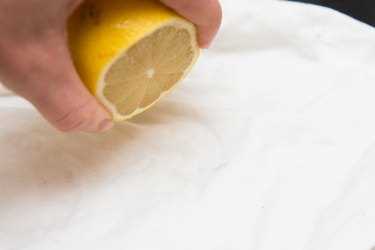
Lemon juice can be a safe alternative for dyeing fabrics, especially when compared to synthetic dyes that may contain harmful chemicals. However, it’s important to consider the following:
- Test a small, inconspicuous area of the fabric before dyeing the entire piece to determine the extent of the color change.
- Wash the fabric thoroughly after the dyeing process to remove any residual lemon juice and prevent further color changes.
- Avoid using lemon juice on delicate or sensitive fabrics, as the acidity may cause damage or discoloration.
- Consider using a fixative or mordant, such as salt or vinegar, along with lemon juice to enhance the color retention and make the dyeing effect more permanent.
In conclusion, lemon juice’s acidity can have natural dyeing effects on fabric, making it a potential alternative for dyeing clothes. However, it’s important to test the fabric, wash it thoroughly, and consider using fixatives to ensure the color changes are desired and long-lasting.
Experimenting with Lemon Juice on Different Fabrics
In order to investigate the effects of lemon juice on various fabrics, we conducted a series of experiments using different types of fabric and lemon juice solutions. The objective was to determine whether lemon juice would stain or damage different fabrics.
Materials
- Various fabrics (cotton, silk, polyester, wool)
- Lemon juice solution (freshly squeezed lemon juice mixed with water)
- White cloth or paper towels
- Water
- Bowl or container for lemon juice solution
Procedure
- Prepare the lemon juice solution by mixing freshly squeezed lemon juice with an equal amount of water in a bowl or container.
- Choose a small section of each fabric to test. Cut the fabrics into small squares or rectangles.
- Place the fabric samples on a flat surface.
- Saturate a white cloth or paper towel with water and blot the fabric samples to wet them. This will simulate a wet fabric condition.
- Apply a small amount of lemon juice solution to each fabric sample, making sure the lemon juice is evenly spread.
- Allow the fabric samples to sit undisturbed for a predetermined amount of time, such as 10 minutes or 30 minutes.
- After the designated time, blot the fabric samples with a clean white cloth or paper towel to remove any excess lemon juice.
- Inspect the fabric samples for any signs of staining or damage.
- Record your observations for each fabric sample.
Results
After conducting the experiments, we observed the following:
- Cotton fabric: The lemon juice did not stain or damage the cotton fabric. There were no noticeable changes.
- Silk fabric: The lemon juice caused a slight discoloration on the silk fabric. It appeared as a faint yellow stain.
- Polyester fabric: The lemon juice did not stain or damage the polyester fabric. There were no noticeable changes.
- Wool fabric: The lemon juice caused the wool fabric to become slightly discolored and rough to the touch.
Conclusion
Based on our experiments, lemon juice did not stain or damage cotton and polyester fabrics. However, it caused slight discoloration on silk fabric and made wool fabric slightly discolored and rough. It is important to note that the effects may vary depending on the concentration of lemon juice used and the duration of exposure. Further research could explore the effects of different concentrations of lemon juice and longer exposure times on various types of fabric.
Observing the Reactions of Cotton, Silk, and Wool
As part of our exploration into the effects of lemon juice on fabric, we conducted a series of experiments to observe the reactions of cotton, silk, and wool. Here are our findings:
Cotton
- We first applied lemon juice to a small area of cotton fabric. The lemon juice had a noticeable effect on the cotton, causing the color to fade in that area.
- After letting the lemon juice sit on the cotton fabric for a period of time, we rinsed the fabric with water. Despite the rinsing, the lemon juice stain remained on the cotton, although it was slightly less prominent.
- When we attempted to remove the stain using a mild detergent, we found that it was difficult to completely eliminate the lemon juice stain from the cotton fabric. The stain remained, although it was significantly lighter.
Silk
- We applied lemon juice to a small area of silk fabric and immediately noticed a change in the color. The lemon juice caused the silk to become discolored and dull in the area where it was applied.
- After rinsing the silk fabric with water, we observed that the lemon juice stain remained, although it had faded slightly.
- Our attempts to remove the stain using a mild detergent were unsuccessful. The lemon juice stain persisted on the silk fabric, with no significant improvement.
Wool
- When we applied lemon juice to a small area of wool fabric, we noticed a slight discoloration in the affected area. However, the effect was much less pronounced compared to cotton and silk.
- After rinsing the wool fabric with water, we found that the lemon juice stain had mostly disappeared. There was only a faint trace of the stain remaining.
- Our attempts to remove the faint stain using a mild detergent were successful. The lemon juice stain was completely eliminated from the wool fabric.
Based on our observations, it is clear that lemon juice has a significant effect on cotton and silk fabrics, causing noticeable stains that are difficult to remove. However, the impact on wool fabric is minimal, with the stain being easier to remove. This information can be helpful in understanding how lemon juice may affect different types of fabrics and assist in making informed decisions when handling these materials.
Guidelines for Removing Lemon Juice Stains
Lemon juice can leave behind stains on fabric, but with the right techniques, you can effectively remove these stains. Here are some guidelines to help you remove lemon juice stains from your clothes:
1. Act quickly
As soon as you notice a lemon juice stain on your clothes, it’s important to act quickly. The longer the stain sits, the harder it will be to remove.
2. Blot the stain
Start by blotting the stain gently with a clean cloth or paper towel. This will help absorb any excess liquid and prevent the stain from spreading. Avoid rubbing the stain, as this may cause it to penetrate the fabric deeper.
3. Rinse with cold water
After blotting the stain, rinse the affected area with cold water. This will help remove any remaining lemon juice and prevent it from setting into the fabric. Avoid using hot water, as it can cause the stain to set.
4. Treat with a stain remover
Apply a small amount of stain remover directly to the lemon juice stain. Gently work the stain remover into the fabric using your fingers or a soft-bristled brush. Allow the stain remover to sit for a few minutes before rinsing it out.
5. Wash the garment
Wash the stained garment according to the care instructions. Use a mild detergent and cold water. Check the garment before drying to ensure the stain has been completely removed. If the stain persists, repeat the stain removal process or consider seeking professional help.
6. Avoid heat
When drying a garment that had a lemon juice stain, avoid using high heat. Heat can set any remaining stain, making it difficult or impossible to remove. Air drying is the safest option to prevent any final traces of the stain from becoming permanent.
7. Test before using any products
Before using any stain remover or detergent on the stained fabric, it’s always a good idea to test it on a small, inconspicuous area first. This will help ensure that the product doesn’t cause any damage or discoloration to the fabric.
By following these guidelines, you can effectively remove lemon juice stains from your clothes and keep them looking fresh and clean. Remember to always act quickly, be gentle with the fabric, and test any products before using them on the stained area.
FAQ
Will lemon juice stain white clothes?
Lemon juice can potentially stain white clothes, especially if it is left on the fabric for an extended period of time or if the fabric is not properly rinsed. It is recommended to rinse the fabric thoroughly after applying lemon juice to prevent staining. Additionally, it is advisable to spot test lemon juice on a small, inconspicuous area of the fabric before applying it to the entire garment.
Can lemon juice remove stains from clothes?
Lemon juice can be effective in removing some types of stains, particularly those caused by food, beverages, or natural dyes. The citric acid in lemon juice acts as a natural bleaching agent and may help to lighten or remove certain stains. However, its effectiveness can vary depending on the type and severity of the stain, as well as the fabric being treated.
Is lemon juice safe to use on all types of fabric?
Lemon juice is generally safe to use on most types of fabric, but it is always recommended to perform a spot test on a small, inconspicuous area of the fabric before applying lemon juice to the entire garment. Some fabrics, such as silk or wool, may be more delicate or prone to damage from the acidity of the lemon juice. It is best to exercise caution and follow the care instructions for the specific fabric.
Will lemon juice fade colored clothes?
Lemon juice has the potential to fade or lighten colored clothes, especially if they are exposed to sunlight or heat while the lemon juice is applied. The citric acid in lemon juice can act as a natural bleaching agent and may cause the color of the fabric to fade or change. It is advisable to spot test lemon juice on a small, inconspicuous area of the fabric before applying it to the entire garment to assess its effect on the color.
Can lemon juice remove sweat stains from clothes?
Lemon juice can be effective in removing sweat stains from clothes, especially when combined with other stain-removal techniques. The acidity of the lemon juice can help to break down and remove the proteins in sweat that cause yellowing or discoloration. However, it is important to rinse the fabric thoroughly after applying lemon juice to prevent any potential staining or damage to the fabric.
Will lemon juice stain white clothes?
Lemon juice can potentially stain white clothes, especially if it is not diluted or if it is left on the fabric for a long period of time. It contains citric acid, which has bleaching properties and can cause discoloration on certain fabrics. It is best to dilute lemon juice with water before using it on white clothes and to rinse the fabric thoroughly afterwards.
Is it safe to use lemon juice on coloured clothes?
Lemon juice should be used with caution on coloured clothes. While it may not cause noticeable bleaching or staining on darker fabrics, it is still advisable to test it on a small, inconspicuous area of the garment first to check for any adverse effects. It is recommended to dilute lemon juice with water and to rinse the fabric thoroughly after use to minimize the risk of staining or discoloration.












